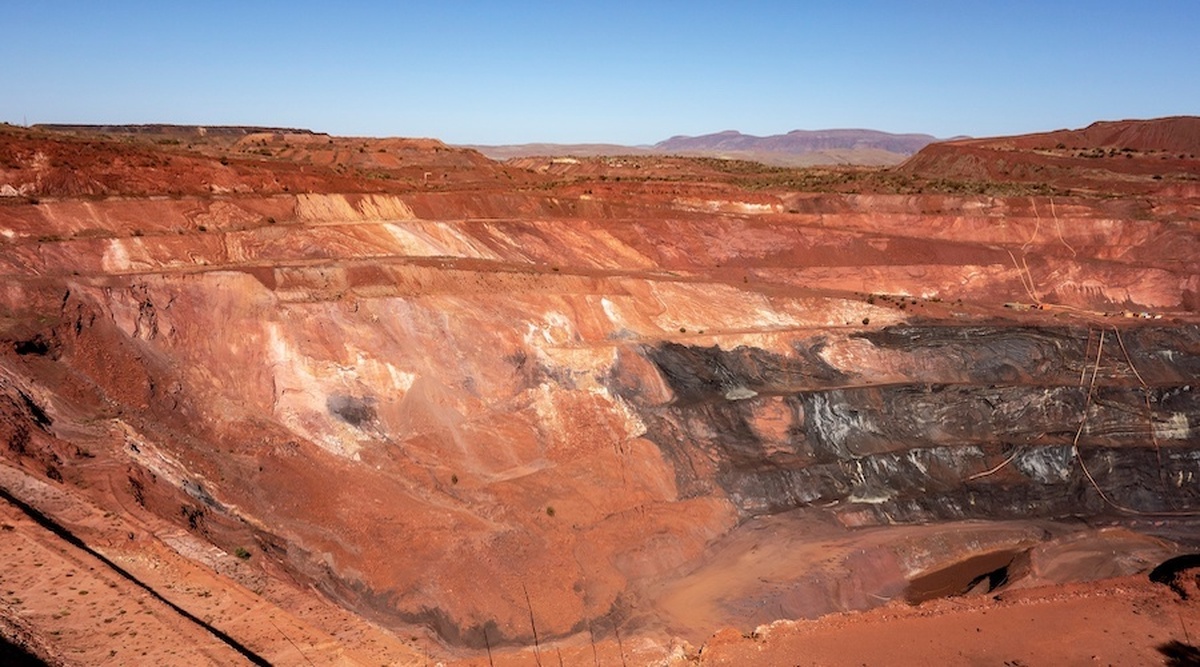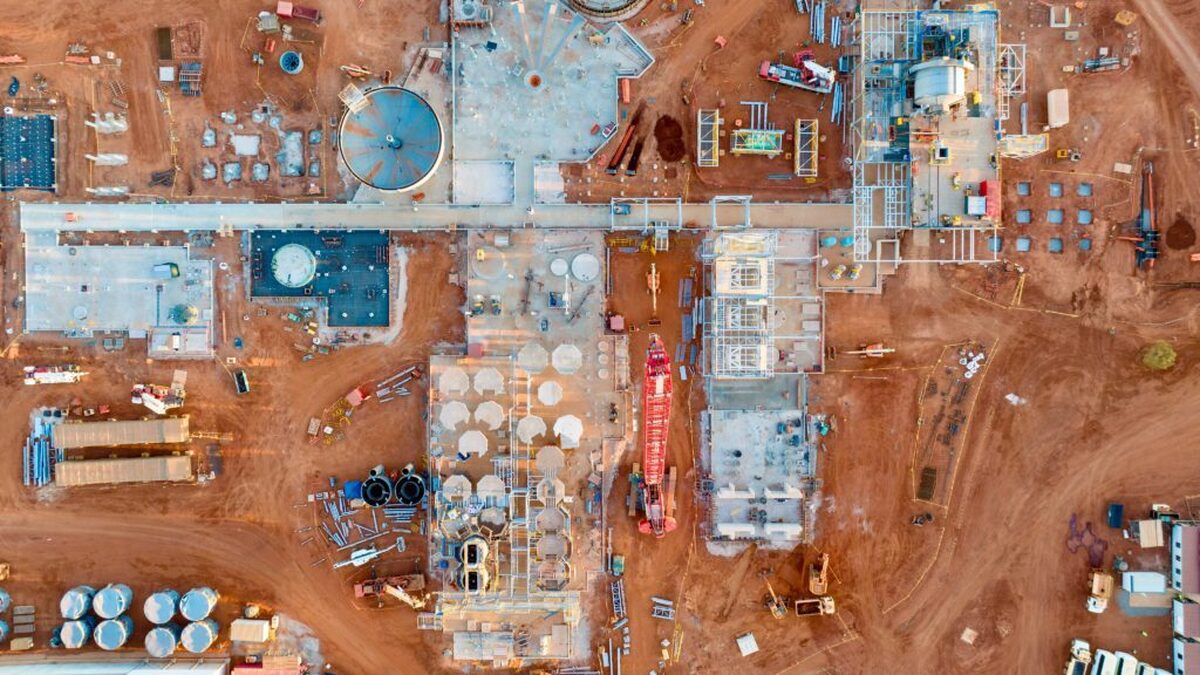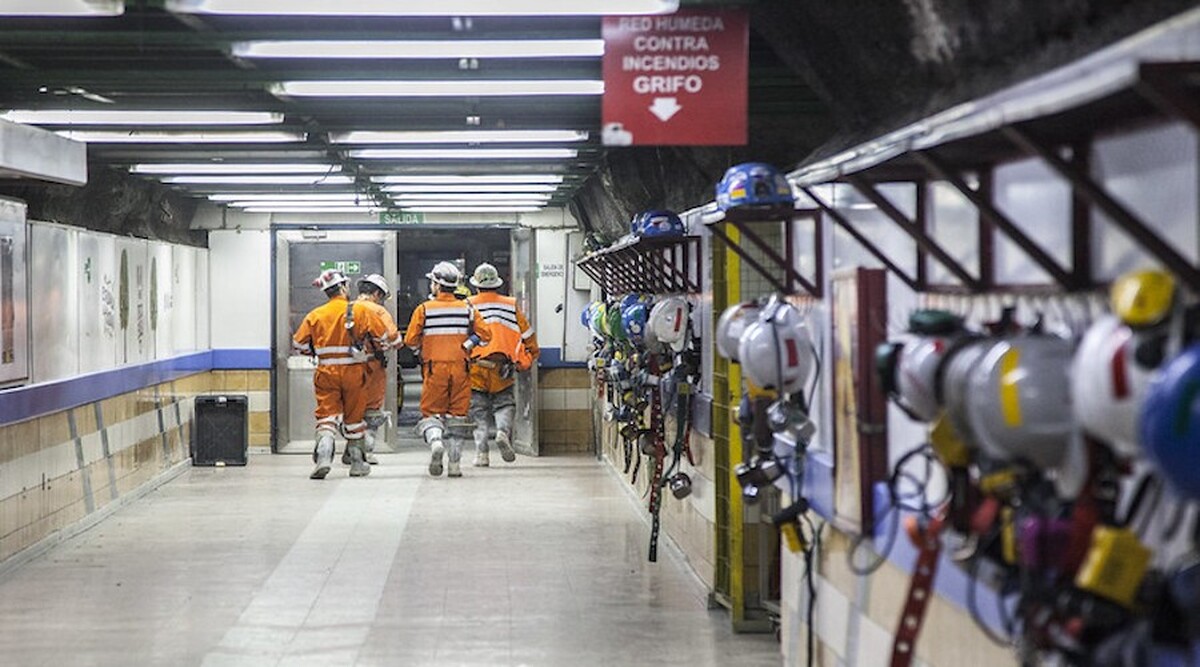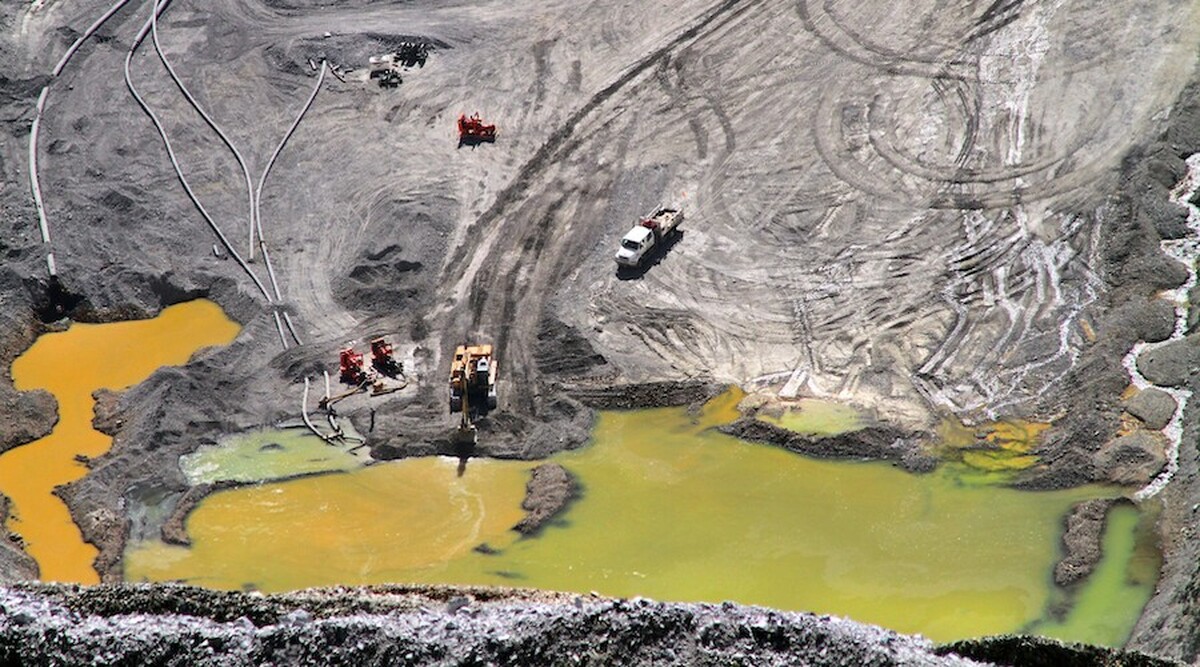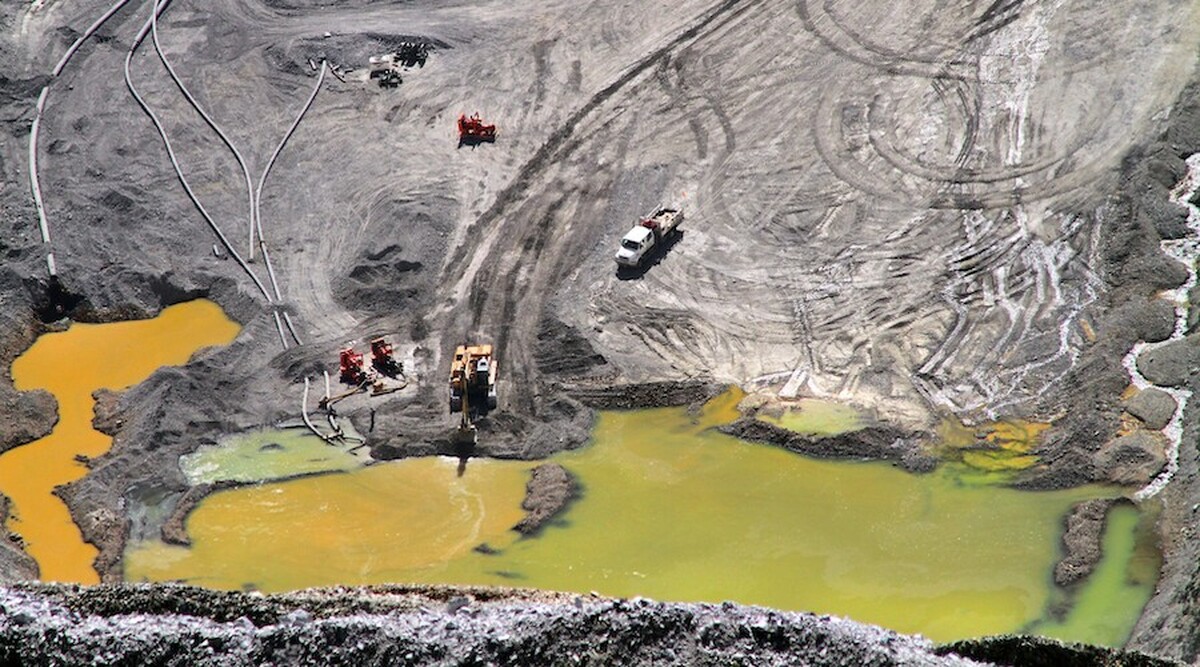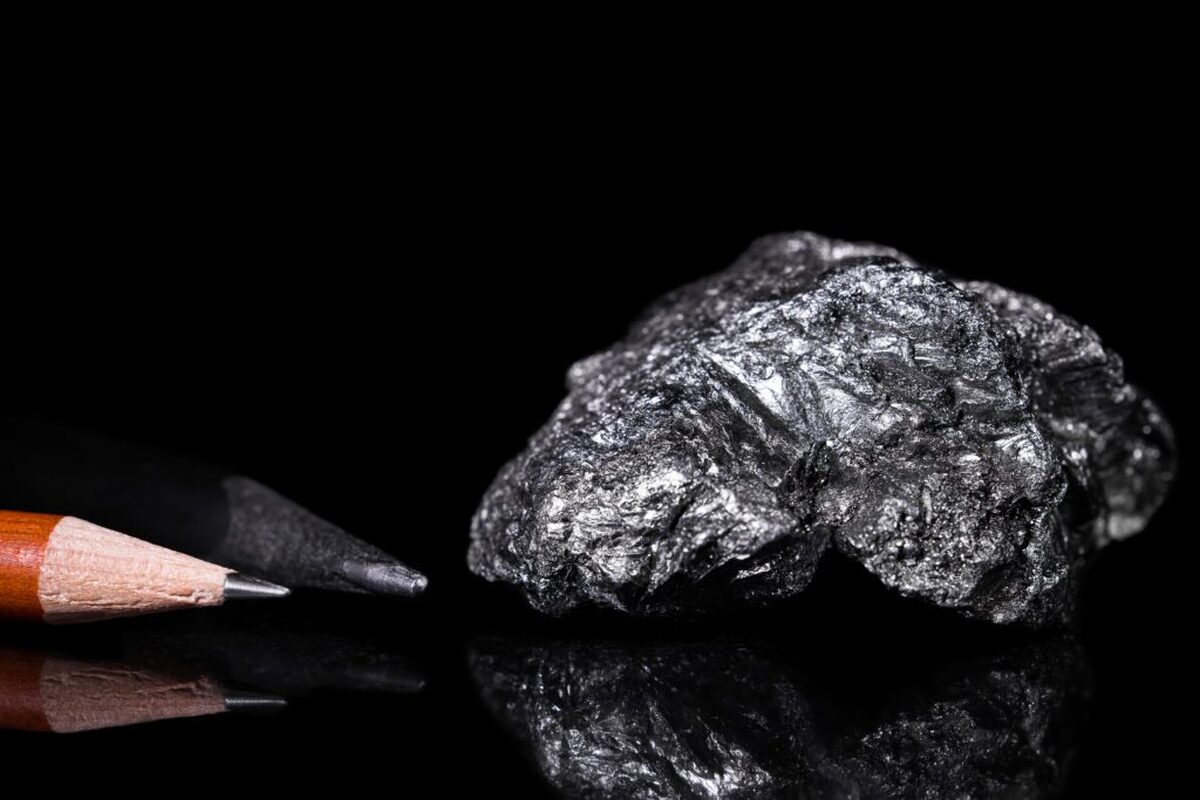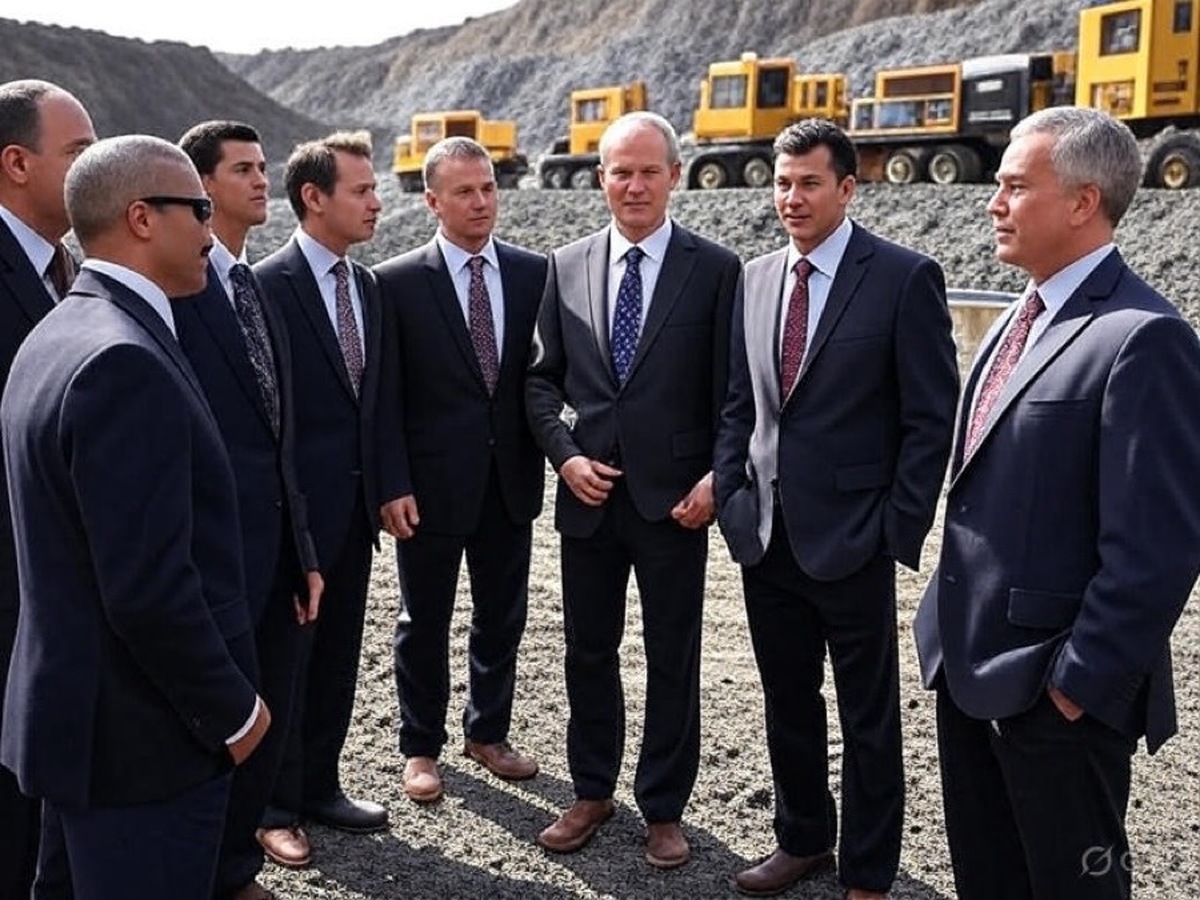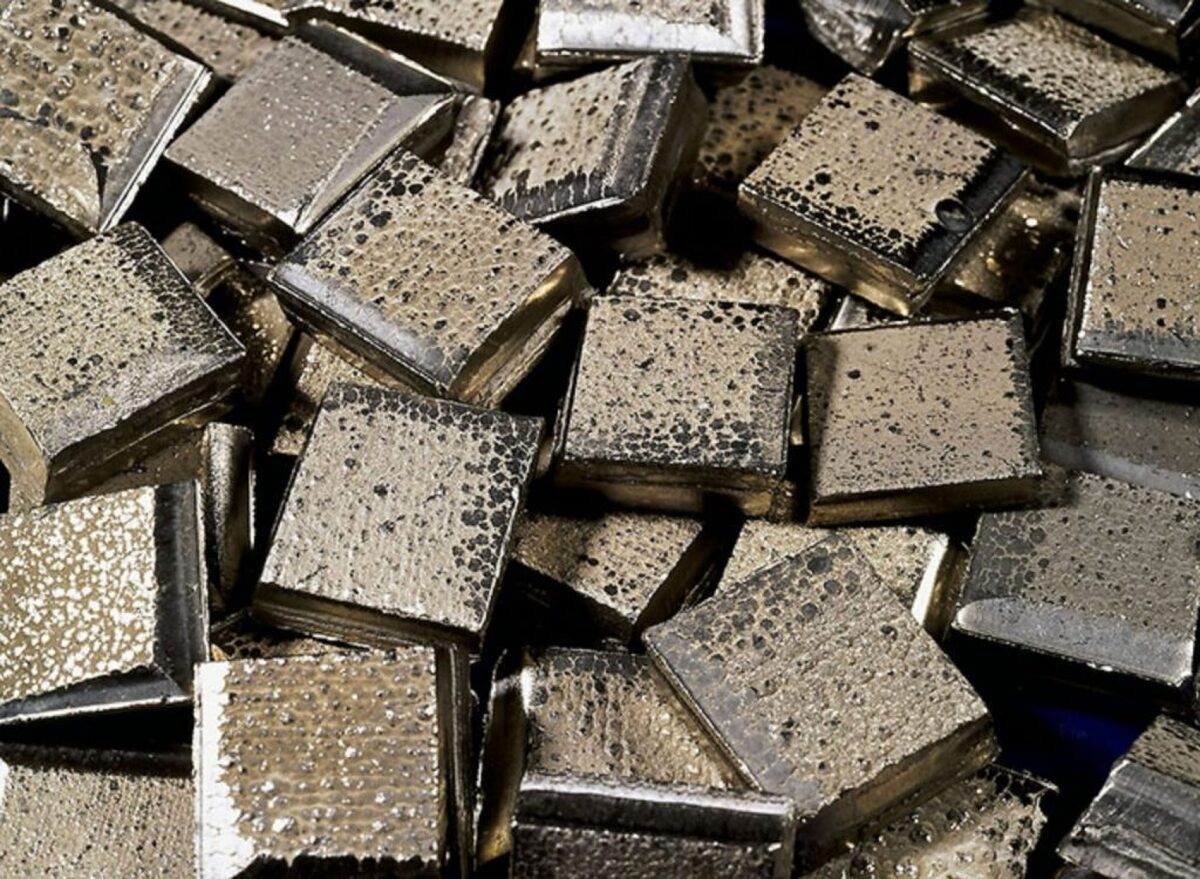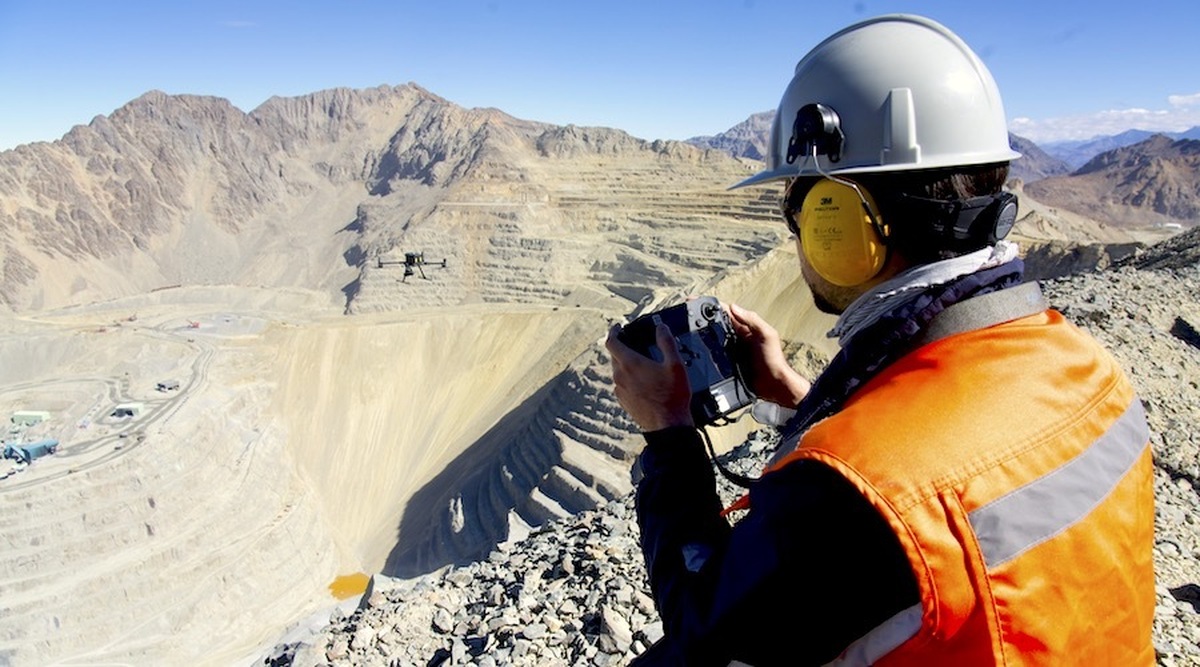
China’s lithium markets gripped by possible supply disruptions
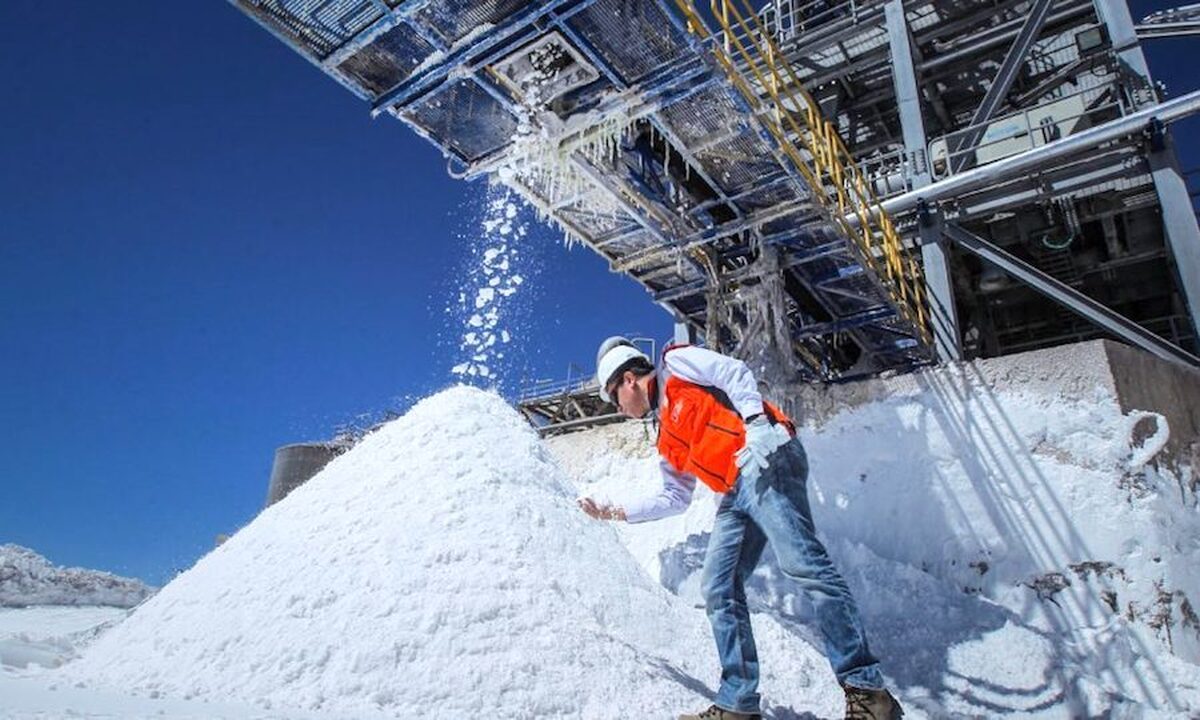
Lithium carbonate traded on the Guangzhou Futures Exchange rose by its daily limit of 8% on Friday, capping a 14% gain for the week. That prompted the bourse to issue a notice reining in speculative trades, which helped push futures limit down on Monday. Shares of producers have also jumped, with Tianqi Lithium Corp. and Chengxin Lithium Group Co. both rallying around 25% this month in Shenzhen.
The gains came after moves that could ultimately lead to less supply amid growing anxiety over the production outlook, as well as the government’s focus on curbing industries with too much capacity as part of its campaign against so-called involution.
“Speculative trading on the back of market noise has led to a sharp rise in prices,” said Robin Tisserand, head of battery metals at brokerage SCB Group. That’s lifted physical prices of spodumene and caused huge volatility on international contracts run by CME Group, he said.
The lithium market isn’t a stranger to turmoil and wild swings in value. After hitting a record of nearly 600,000 yuan ($84,000) a ton in 2022, spot prices sank to about 60,000 yuan earlier this year due to a supply glut and signs of slower growth in demand for electric vehicle batteries.
The collapse has put the market on notice for action that could curb oversupply. Jiangxi, and its lithium hub of Yichun, are a particular focus. The province is forecast to account for about 10% of the world’s mined production of the mineral this year, said lithium product director Cameron Perks at consultancy Benchmark Mineral Intelligence.
The Yichun Bureau of Natural Resources earlier this month asked eight miners to submit reserves reports by the end of September, following an audit that found non-compliance in the registration and approvals process, according to notes from brokers and analysts including Jefferies Financial Group. Calls to the local government went unanswered.
Other centers are also drawing scrutiny, with Zangge Mining Co. ordered by the authorities in Qinghai province last month to halt illegal mining.
“While the volume impact is insignificant at the moment, the concern is whether mining rights inspection will be used to control supply, especially under the anti-involution environment,” Jefferies said in a note on Friday, citing “expectations of strengthened inspections, which could then tighten the market if strictly executed.”
source: mining.com


Uzbek gold miner said to eye $20 billion value in dual listing

Peabody–Anglo $3.8B coal deal on the brink after mine fire

A global market based on gold bars shudders on tariff threat

Minera Alamos buys Equinox’s Nevada assets for $115M
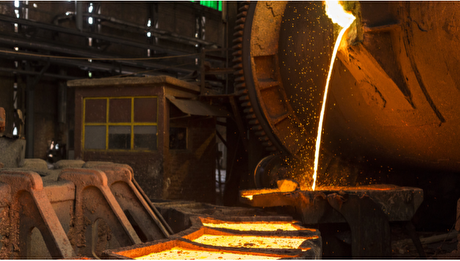
Adani’s new copper smelter in India applies to become LME-listed brand
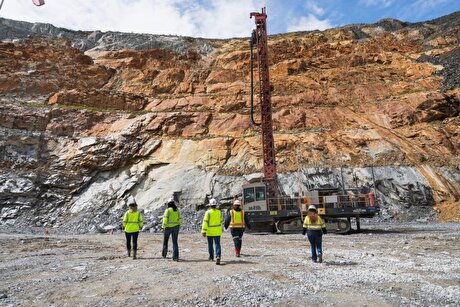
OceanaGold hits new high on strong Q2 results
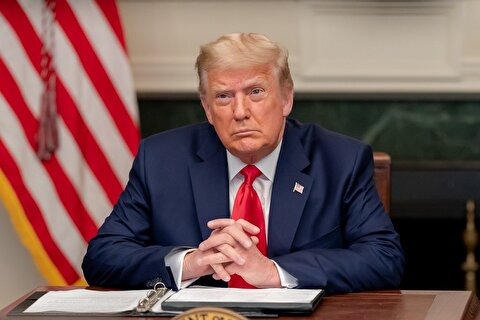
Trump says gold imports won’t be tariffed in reprieve for market

Cochilco maintains copper price forecast for 2025 and 2026

De Beers strikes first kimberlite field in 30 years

BHP shares near priciest valuation since 2021 on shift to miners

African Rainbow boosts Surge Copper stake to 19.9%
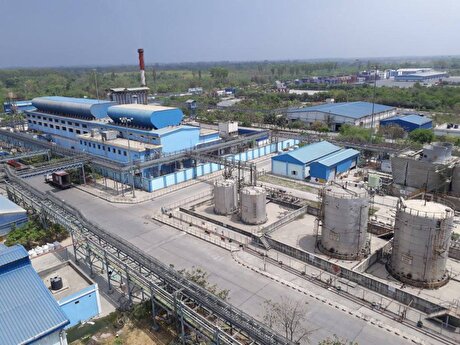
Hindustan Zinc to invest $438 million to build reprocessing plant
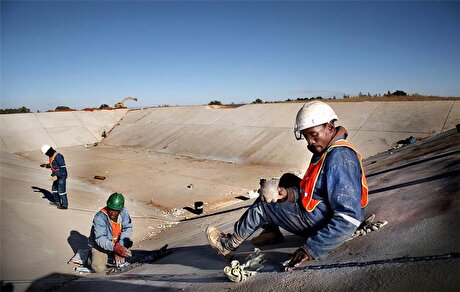
South Africa mining lobby gives draft law feedback with concerns

Wooden church sets off on slow Swedish road trip to escape mining subsidence
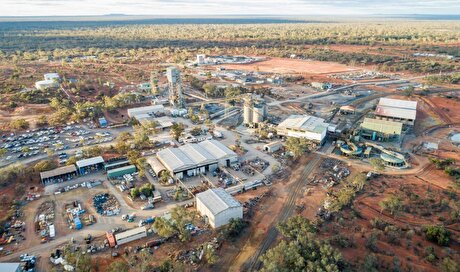
Harmony Gold’s MAC Copper takeover gets regulatory nod

Povrly Copper Industries orders a breakdown rolling mill for high-quality copper, brass, and bronze strip production
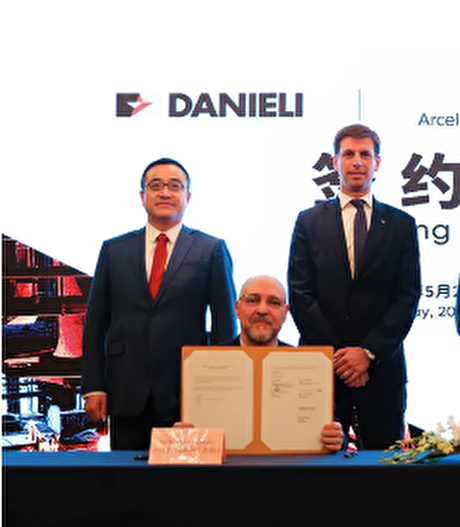
Advanced cold-rolled strip for China’s New Energy Vehicle market
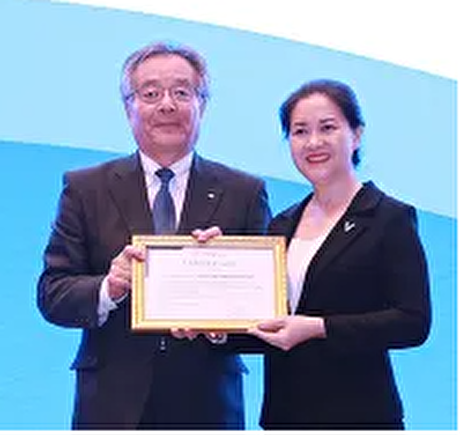
A Danieli greenfield project for competitive, quality rebar production
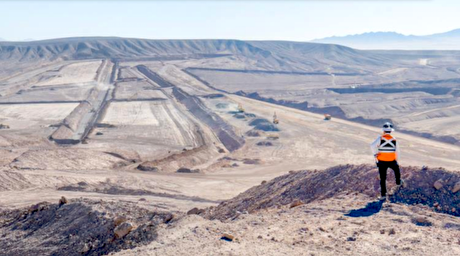
Antofagasta posts biggest profit margins since 2021

BHP shares near priciest valuation since 2021 on shift to miners

African Rainbow boosts Surge Copper stake to 19.9%

Hindustan Zinc to invest $438 million to build reprocessing plant

South Africa mining lobby gives draft law feedback with concerns

Wooden church sets off on slow Swedish road trip to escape mining subsidence

Harmony Gold’s MAC Copper takeover gets regulatory nod

Povrly Copper Industries orders a breakdown rolling mill for high-quality copper, brass, and bronze strip production

Advanced cold-rolled strip for China’s New Energy Vehicle market

A Danieli greenfield project for competitive, quality rebar production

